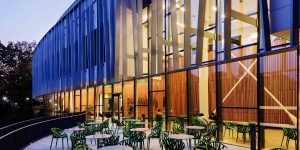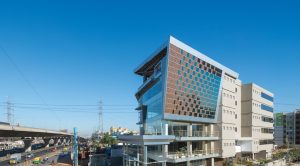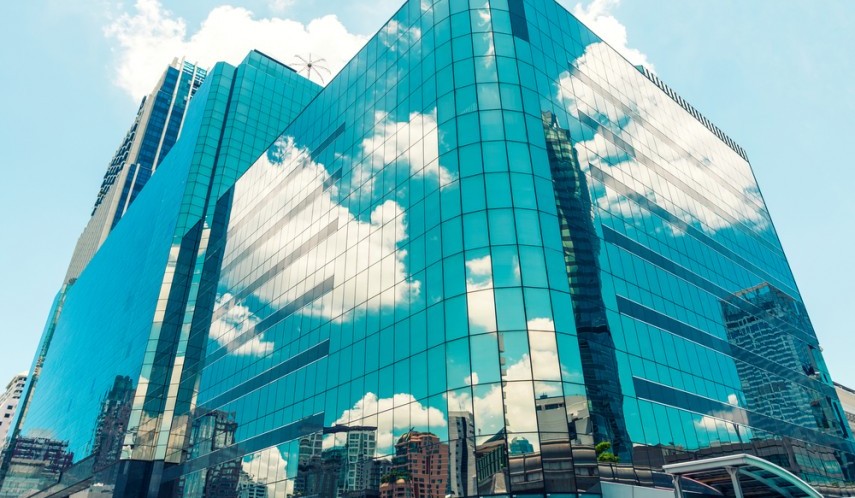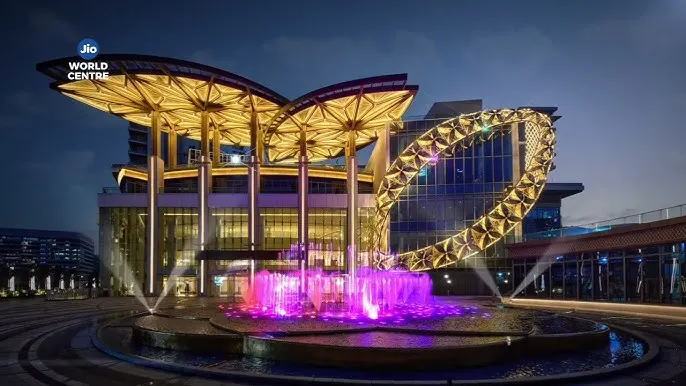Table of Content
▲ With many commercial and residential buildings across India opting for glass façades, we look at the advantages and disadvantages that this exterior material offers.
One of the most prominent trends in the commercial real estate industry in India is the use of glass for building facades. Indian cities, especially subways, have only glass-fronted buildings these days. Glass definitely looks elegant and many corporate tenants prefer shiny, shiny buildings for office space. This is another reason why real estate developers and architects prefer glass façades, as they can claim higher rents from tenants for their bolder and brighter buildings.
Glass, rather than walls, provides an unobstructed view of building occupants, and since glass can be shaped and bent in any shape, it is an asset for architects and developers in many ways. It also has many disadvantages. Here we look at some of the main properties of glass such as building façades.

The Advantages of glass
- Adds to the beauty and elegance of the building. Since it can be made transparent or molded into various shapes, it can provide a lot of flexibility to the architect in terms of use in the building.
- Glass can transmit 75% to 80% of natural light in both directions, which no other alternative would do. Glass can transmit light without darkening or yellowing.
- The glass is generally weatherproof, so it can easily withstand various weather conditions such as rain, sun and wind. It does not lose its shape or luster at any time.
- Glass does not rust, so it is better than iron and does not yield to environmental conditions.
- It generally has a smooth surface, so it is fairly dust resistant. It requires minimal cleaning.
- It is versatile in the sense that when combined with laminated or colored sheets, it can present various shapes and patterns.
- It reduces the weight of the building foundation and makes the building lighter compared to the walls.
- The right type of glass can reduce the energy consumption of the building occupants and reduce electricity bills.
- Glass facades require little maintenance and a quick monthly cleaning may suffice most of the time.
- Most glass is corrosion resistant, which means that it will not wear out when rubbed with other materials.
Disadvantages of Glass
- Glass facades cause a lot of glare, which is a big disadvantage of glass.
- Glass absorbs heat. This means that it can act as a greenhouse and therefore not suitable for countries with hot climates.
- Most of the bottles are not earthquake resistant and are not suitable for countries experiencing frequent earthquakes. To ensure earthquake resistant homes, an expensive type of glass treatment can make it earthquake resistant, but this type of glass is not affordable for everyone.
- The use of glass in a building can lead to higher costs to make the building safe because the glass produces a lot of transparency.
- Glass is hard and brittle. This means that it breaks easily when pressed suddenly.










_1771582392.webp)
_1771577585.webp)